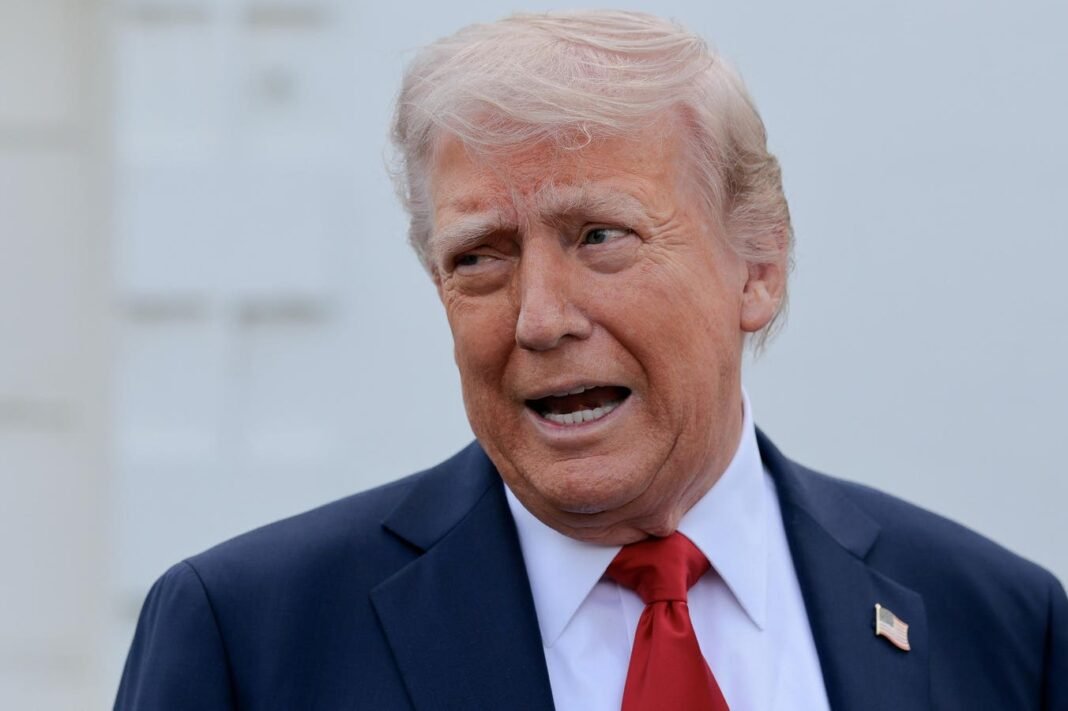Understanding the Latest U.S. Travel Restrictions
The current administration has introduced a travel prohibition targeting citizens from 12 countries, predominantly situated in Africa and the Middle East, citing national security and public safety concerns as the primary reasons for this policy.
Scope and Specifics of the Travel Prohibition
this executive directive enforces a full entry ban on nationals from Afghanistan, Myanmar, Chad, the Republic of the Congo, Equatorial Guinea, Eritrea, Haiti, Iran, Libya, Somalia, Sudan, and Yemen.
In addition to these complete bans, partial limitations are applied to travelers originating from Burundi, Cuba, Laos, Sierra Leone, Togo, Turkmenistan, and Venezuela.
The restrictions encompass both immigrant visas and also nonimmigrant admissions into U.S. territory.
Justifications Behind Implementing These measures
The government tasked Cabinet officials with identifying nations whose vetting systems are deemed insufficient to ensure secure entry processes. The order highlights elevated visa overstay rates among many affected countries alongside terrorism-related risks associated with states like Iran and Somalia.
Officials must conduct regular reviews-initially every 90 days followed by biannual assessments-to determine whether these travel constraints should continue or be modified in response to changing conditions.
Who Is Exempt From These Entry Restrictions?
Certain groups are excluded from this ban: lawful permanent residents of the United States; dual nationals traveling on passports issued by unrestricted countries; accredited diplomats; athletes participating in major international sporting events; adopted children; individuals holding immediate family immigrant visas supported by considerable evidence such as DNA testing. Additionally exempted are Special Immigrant Visa holders from Afghanistan who assisted U.S. forces and immigrants belonging to persecuted ethnic or religious minorities within Iran.
Diverse International Reactions To The Policy Shift
Diosdado Cabello-the Venezuelan Minister of Interior-warned his citizens against traveling to America due to perceived threats posed by U.S. authorities whom he described as unjustly oppressive toward Venezuelans. In contrast,
Somalia’s ambassador expressed openness toward dialog with Washington aimed at addressing concerns stemming from this new policy framework.
A Comparative view on Diplomatic Responses
This contrast reveals differing diplomatic strategies: one condemning what is viewed as unfair targeting while another pursues constructive engagement despite disagreements over policy consequences.
President Trump’s Outlook On The Travel Ban
Through a video posted on Truth Social,
the former president stressed that unchecked migration cannot persist where dependable screening mechanisms fail.
He cited a recent violent attack involving an Egyptian-born assailant at an event supporting Israeli hostages in Boulder-a case he used to highlight potential dangers linked with certain foreign entrants.
Interestingly,
Egypt was not included among banned nations under this directive despite its connection to that incident.
Date When New Rules Take Effect
The travel restrictions will become effective starting at 12:01 AM eastern daylight Time on June 9.
Importantly,
any valid immigrant or nonimmigrant visa issued prior remains unaffected by these changes and will not be revoked retroactively solely as of this order.
main Critiques Surrounding the Policy Implementation
Navy veteran Shawn VanDiver-leader of #afghanevac advocacy group-denounced the ban as political grandstanding rather than authentic security action.
He emphasized how including Afghanistan-a nation whose people closely allied with American troops for over twenty years-is ethically indefensible.
While Special Immigrant Visa holders were exempted,
thousands more family members connected with evacuees now face blocked access under these new rules.
#AfghanEvac campaigns for resettlement assistance for nearly 195 thousand Afghans who supported U.S operations during its extended presence there.
A Historical Context Of Comparable Policies
This is not the frist time such restrictive measures have been introduced:
During his initial term beginning in 2017,
a similar ban targeted travelers from Iran,
Libya,
Somalia,
Syria,
Sudan
,and Yemen – frequently enough referred to colloquially as the Muslim travel ban.
The Supreme Court upheld that earlier version after legal challenges;
it was afterward expanded further adding north Korea,Venezuela,and Chad within its scope.
This latest directive forms part of broader immigration enforcement efforts pursued during Trump’s second term including crackdowns on international students enrolling at Harvard University,mass deportations,national emergency declarations along southern borders,and revocation of thousands of student visas nationwide throughout early-to-mid-2025 according to Department data showing enforcement actions increased approximately 15% compared with previous years’ trends.





